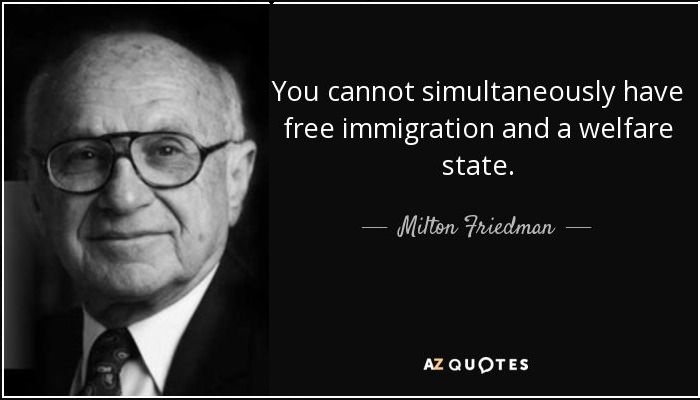

He discusses Federal monetary policy and the gold standard, international trade regulations, public education, among other topics.

To regulate markets, by contrast, is to take away freedom.Īs the book unfolds, Friedman cites various examples where government is improperly intervening in markets. In other words, free markets, Friedman argues, are part and parcel of what liberty means in a free society. Economic freedom means not only the right of individuals to act freely in the market, but for markets themselves to be free of government regulation. What Friedman means by economic freedom becomes clear as the argument unfolds in the book. Essentially Friedman is arguing that freedom itself implies and includes economic freedom. Let’s unpack Friedman’s ideas a bit more. However, if one scrutinizes Friedman’s claim more deeply, one can see that the argument hinges on both a very specific idea of freedom itself as well as a very specific idea of what economic freedom means. After all, if we are a country that endorses freedom, then we should be endorsing economic freedom right? Shouldn’t general freedom by definition include economic freedom? Who can argue with that? This sounds good and self-evident on paper.

In the second place, economic freedom is also an indispensable means towards the achievement of political freedom ( Capitalism and Freedom, 8) On the one hand, freedom in economic arrangements is itself a component of freedom broadly understood, so economic freedom is an end in itself. For example, Milton Friedman, the well-known Nobel Prize winning economist and economic advisor to President Reagan and Margaret Thatcher, essentially argued that economic freedom was part of freedom, in his book Capitalism and Freedom, written in 1962.įriedman, along with earlier writers, Friedrich Hayek, Ayn Rand, Ludwig von Mises, to mention the names most commonly associated with such views, essentially defined the philosophical and moral positions that came to comprise both libertarian and much mainstream Republican and Tea Party thinking.Īs Friedman put it in Capitalism and Freedom (15), “Underlying most arguments against the free market is a lack of belief in freedom itself,” andĮconomic arrangements play a dual role in the promotion of a free society. Indeed, some important thinkers intentionally conflate the two concepts. There are multiple academic and popular understandings of the relationship of Capitalism and Freedom, though in popular political discourse these two concepts often get conflated as one and the same thing. Or why capitalism and freedom are not necessarily the same thing, despite what Milton Friedman says.


 0 kommentar(er)
0 kommentar(er)
